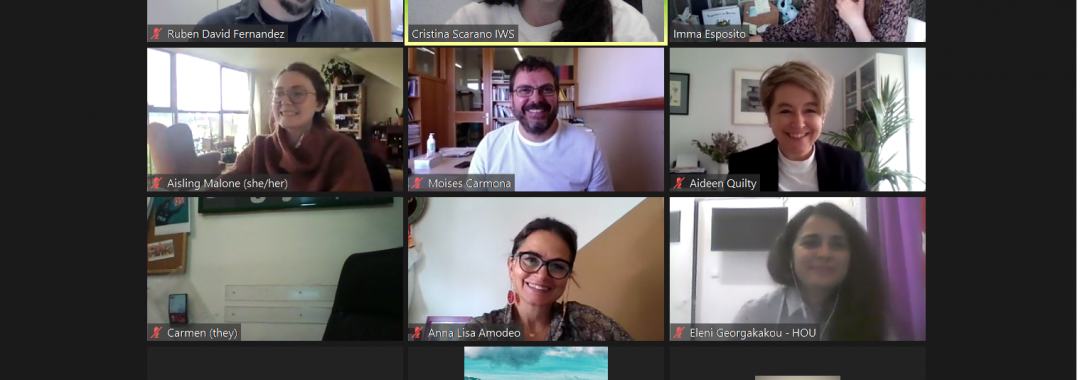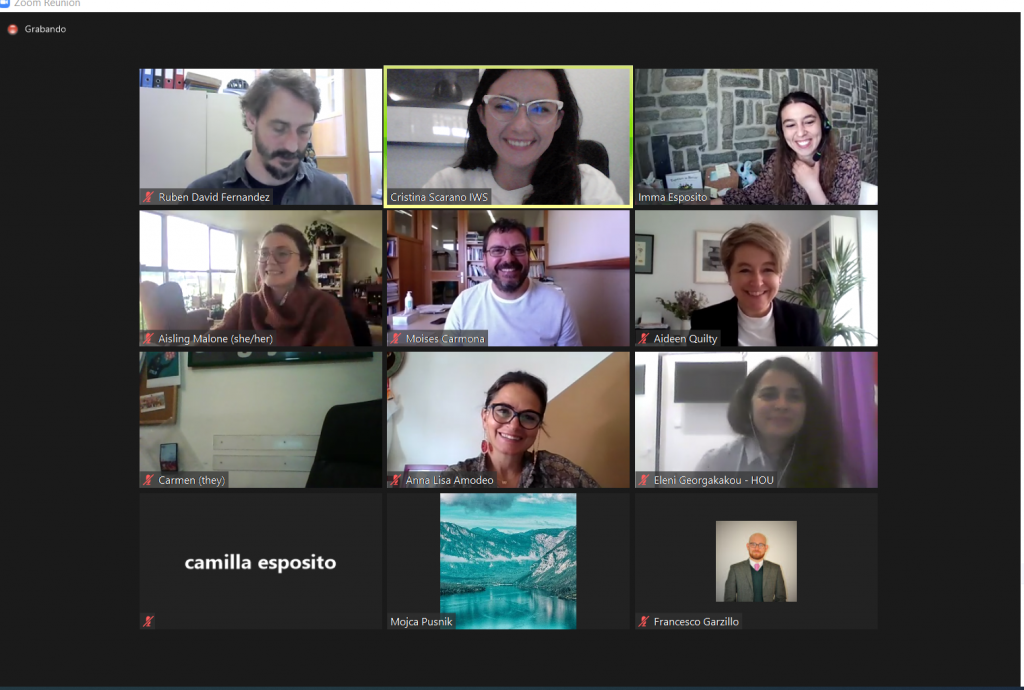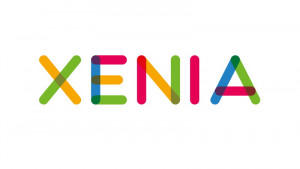 The three-year, European co-funded project “XENIA: Higher Education Inclusiveness Index (XENIA)“, implemented from 15th January 2020 to 14th January 2023, received a remarkable evaluation score of 94/100 by the ERASMUS+ Managing Authority.
The three-year, European co-funded project “XENIA: Higher Education Inclusiveness Index (XENIA)“, implemented from 15th January 2020 to 14th January 2023, received a remarkable evaluation score of 94/100 by the ERASMUS+ Managing Authority.
XENIA was aiming at turning HEIs into inclusive places that promote social dialogue irrespective of gender and sexual orientation, and lowering (potentially eliminating) organisational and operational barriers for equal opportunities. The project was funded by the ERASMUS+ EU program and its consortium included seven (7) partners from five (5) EU member-states, namely Italy, Ireland, Slovenia, Spain and Greece, with the DAISSy Research Group of the Hellenic Open University (HOU) as the sole Greek partner.
The project’s main outcome has been the XENIA HEI Inclusiveness Index, a comprehensive tool designed to assess Universities’ inclusiveness in combating discrimination and exclusion based on gender and sexual orientation.
The DAISSy Researh Group of HOU was actively involved in all seven (7) Work Packages (WPs) of the project as well as in all major intellectual products and deliverables, such as the development of the Inclusiveness Index for HEIs. Furthermore, DAISSy-HOU being the only Greek partner, was responsible for the implementation of all XENIA actions in Greece, such as, the literature review and desk research, the Index’s pilot implementation, and the dissemination and exploitation of all its results. Additionally, DAISSy-HOU had the responsibility of coordinating two core WPs, namely WP3 Test Deployment and Final Validated XENIA Inclusiveness Index and WP5 Evaluation.
Specifically, DAISSy-HOU as the WP Leader, developed the following deliverables:
XENIA Validation Plan (D3.1), ΧΕΝΙΑ Validation Report (D3.2), Final XENIA Index (D3.3), Mainstreaming Guidelines & Operational Manual (D3.4), Policy recommendations (D3.5), Assessment Strategy (D5.1), Mid-term Assessment Report (D5.2.), and the Final Assessment Report (D5.3).
The DAISSy Researh Group of HOU’s XENIA team is more than proud since, the ERASMUS+ Managing Authority characterized the XENIA deliverables as of “high quality” and provided only positive feedback for the project.
For more information about the XENIA project and on other activities of DAISSy-HOU:
- Website: http://daissy.eap.gr/en
- Facebook: @DAISSyResearchGroup
- Linkedin: https://www.linkedin.com/in/daissyresearchgroup/
- Twitter: https://twitter.com/daissy_research
- Instagram: @daissy_researchgroup
- Email: info@daissy.eap.gr.

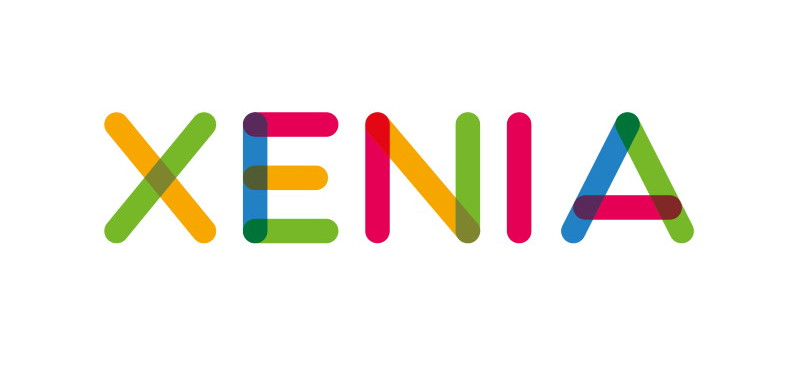
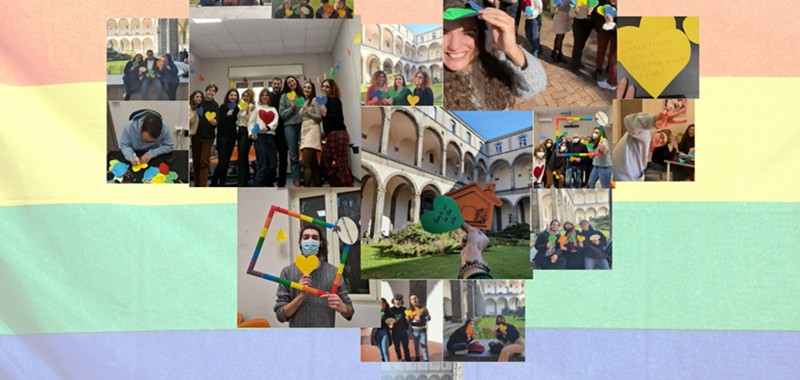
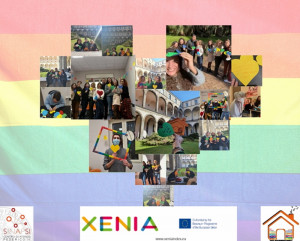 The 14th February Saint Valentine’s Day, the day dedicated to lovers, is usually celebrated worlwide. For this celebration, the Anti-Discrimination and Culture of Differences Section of the Centre SInAPSi from the Federico II University (Italy) organised a social campaign to disseminate all the forms of love with photos taken by the students themselves. The love celebrated by the staff of the section, as well as the one celebrated by the students who took part in the social campaign, is love in all its forms, a love without any kind of stereotypes and prejudices.
The 14th February Saint Valentine’s Day, the day dedicated to lovers, is usually celebrated worlwide. For this celebration, the Anti-Discrimination and Culture of Differences Section of the Centre SInAPSi from the Federico II University (Italy) organised a social campaign to disseminate all the forms of love with photos taken by the students themselves. The love celebrated by the staff of the section, as well as the one celebrated by the students who took part in the social campaign, is love in all its forms, a love without any kind of stereotypes and prejudices.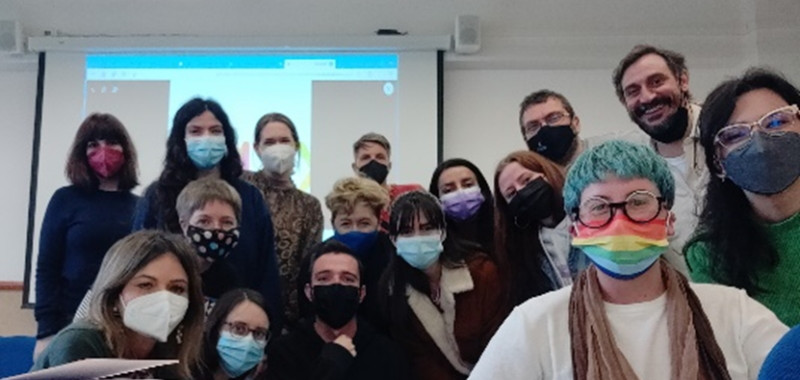
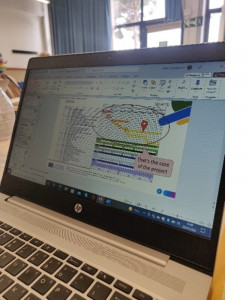
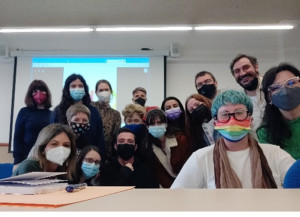

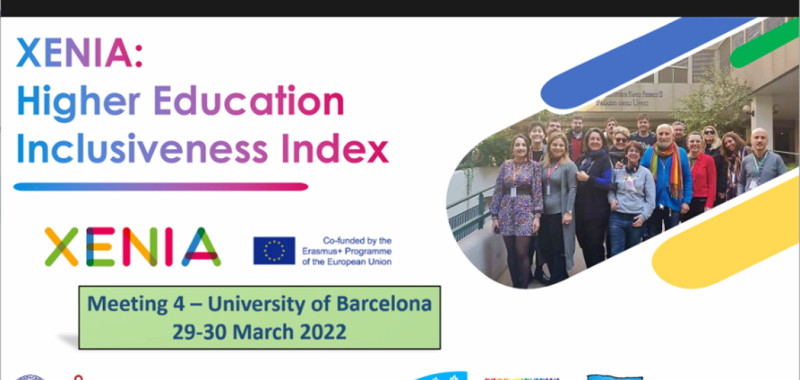
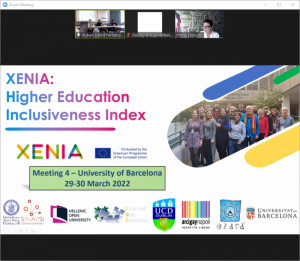 The DAISSy Group of Hellenic Open University participated in the 4th Transnational Meeting of the project XENIA, in Barcelona, 29-30 March 2022. The meeting was organized at the University of Barcelona (Deparment of Psychology) and was held in hybrid mode, with both in-person and remote attendees.
The DAISSy Group of Hellenic Open University participated in the 4th Transnational Meeting of the project XENIA, in Barcelona, 29-30 March 2022. The meeting was organized at the University of Barcelona (Deparment of Psychology) and was held in hybrid mode, with both in-person and remote attendees.